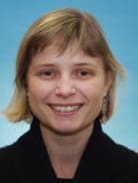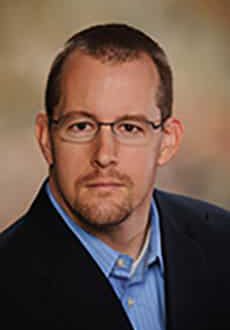Summary
Microwave and millimeterwave dielectric spectroscopy is a powerful technique to perform a non-ionizing and non-destructive characterization of materials. In the case of biological and health sensing, the analyzing technique benefits from different appealing features. First, the dielectric relaxation phenomenon of the water molecules is located in the microwave range (around 20 GHz), and these molecules are the major constituent of the living and involve in many biological processes. Additionally, the electromagnetic fields in this frequency range penetrates beyond the capacitive bi-lipid cytoplasmic membrane of cells and consequently opens the door to intracellular investigations. Finally, the microwave band for the dielectric spectroscopy also enables the measurements of living cells directly into their culture medium, without tremendous losses induced by the rich ionic and nutrients content of the surrounding fluid. Therefore, the development of microwave dielectric spectroscopy for the analysis of the living at the molecular and cellular levels notably is very attractive for biological researches and biomedical applications, where non-invasivity, label-free and contact-less abilities as well as in-liquid measurements constitute important leitmotivs.
The talk will consequently start with the motivations of developing such a sensing technique. After a reminder on the interaction of electromagnetic fields with the matter, miniature biosensors and associated techniques, which have been developed to characterize different biological materials in aqueous solution, will be presented. Issues in terms of living constraints, broadband and narrow band measurements, sensitivity, specificity and repeatability of measurements with standard deviations will notably be highlighted on different biomaterials, such as carbohydrates and amino acids for biomolecules, as well as human cells in suspension and at the single cell level. The interest of the technique will also be spatially extended toward the rapid and non-invasive analysis of tissues on animals, as well as demonstrated for the monitoring of complex biological processes.
Attendance is free. To access the event please register.
Note: By registering for this webinar you understand and agree that IEEE may share your contact information with the sponsors of this webinar and that both IEEE and the sponsors may send email communications to you in the future.
Speakers

Katia Grenier received her Ph.D. degree in electrical engineering from the University of Toulouse, France, in 2000. After a Postdoctoral Fellowship at Agere Systems (Bell Labs) in 2001, she joined the Laboratory of Analysis and Architecture of Systems of the National Scientific Research Center (LAAS-CNRS), in France and was engaged in the development of RadioFrequency microelectromechanical systems (RF MEMS) circuits on silicon. From 2007 to 2009, she was a visiting researcher with the Laboratory for Integrated Micromechatronic Systems of CNRS (LIMMS-CNRS) and the University of Tokyo, in Japan, where she was engaged in launching research activities on miniature microwave and millimeterwave-based biosensors. Since 2009, she is heading a research group in LAAS-CNRS dedicated to the development of High Frequency and Fluidic Microwave Microsystems. Her research interests are focused on the interaction of RF electromagnetic waves with complex fluids at the milli and microscales. It involves the development of fluidic-based and RF micro and nanosystems for biological and medical applications as well as for reconfigurable wireless. She has published more than 190 papers in peer reviewed journals and conferences.
Dr. Grenier is a member of the Technical Committee (MTT-10) dedicated to Biological effect and medical applications of RF and microwave of the IEEE MTT Society. She also serves as a member of the European Microwave Association (EuMA) and as Program Committee member of several conferences such as the past IEEE BioWireleSS and newly IEEE International Microwave Bio Conference (IMBioC) and IEEE MTT-S International Microwave Symposium (IMS).

Dr. Michael C. Hamilton is an Associate Professor in the Electrical and Computer Engineering Department at Auburn University and the Assistant Director of the Alabama Microelectronics Science and Technology Center.